The Board of Control for Cricket in India (BCCI) at its Annual General Meeting (AGM) here on Sunday, decided other state associations will also be hosting pink-ball Tests following the warm response at Eden Gardens last month. This comes after India captain had said that day-night Tests can ‘be a one-off thing’. “It should not, in my opinion, become a regular scenario,” Kohli had said after the Eden Test finished in less than three days. The BCCI however has taken a different path. “Yes, we got that passed in the governing body. Different associations will host the matches,” said BCCI president Sourav Ganguly.
“Credit should be given to (treasurer) Arun Dhumal and (secretary) Jay Shah also, and the Apex Council members for the pink-ball Test. Within three days (after assuming office) we had a meeting and told them this (day-night Test) has to happen. I got emails within a minute saying we’ll go ahead with it. And you saw the success. Star Sports sent us a feedback that the eyeballs were three times than it’s actually in a Test match. And that too India weren’t playing the strongest team in the world. Imagine playing against England, Australia and South Africa. I think it’s going to be remarkable,” he said.
While the Test made for good viewing, there remain doubts within the team. The main grouse is spinners are not as effective after the ball gets wet once the dew sets in. The other is the extra movement generated during twilight due to the temperature dropping and the extra grass on the pitches needed to help maintain the colour of the ball. India now have a battery of top fast bowlers comparable to Australia and England, but playing the moving ball remains a weakness.
It is for this reason India declined to play a day-night Test in Adelaide on their last tour of Australia. And if India play pink-ball Tests at home, they will find it tough to say no to the same abroad. “We’ll deal as per the request of foreign boards. But in India it’ll happen,” said Ganguly when asked if India are ready to play day-night Tests abroad.
Among other notable decisions, there was windfall for state associations in the form of increase in subsidy for infrastructure development and hosting fees from IPL franchises. Under the Committee of Administrators (CoA), for the last three years, the state associations’ payments were blocked pending implementation of the reforms put in place by the Supreme Court-appointed Lodha committee.
The funding for infrastructure development has been increased from R60 crore to R100 crore, and the hosting fee of each match has been increased from R60 lakh to R1 crore. This will come as a timely boost for associations who are building new stadiums and supporting infrastructure. The Gujarat Cricket Association (GCA) is building a massive state-of-the-art stadium at Motera with a capacity of more than a lakh. Saurashtra too has plans of making an indoor stadium. States in the northeast have to build their entire setup from scratch.
The Punjab Cricket Association (PCA) is also building a new stadium and looking to take cricket out of the old PCA Stadium at Mohali. “States also have lot of expenses. To maintain Eden Gardens, we spend about 5 to 6 crore a year. And I’m sure it’s the same with Himachal, Mumbai, Bangalore. They’re massive stadiums, they’re very expensive,” said Ganguly. The contract-system for state players will also increase the burden on associations. “It (contracts for players) will be through state associations only.”

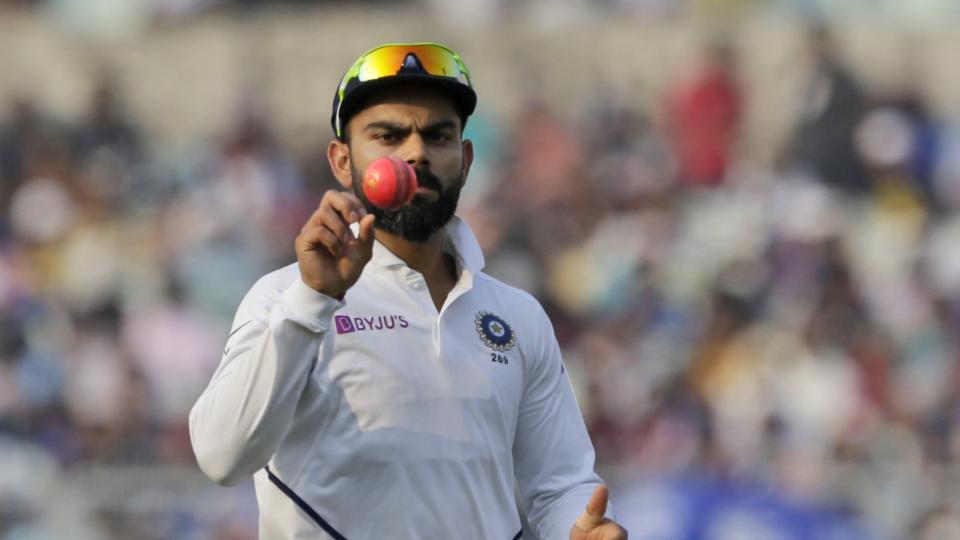
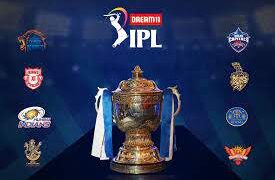

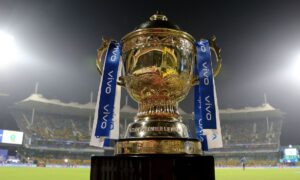

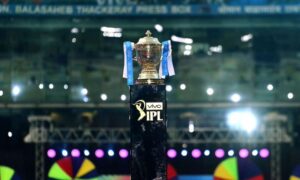

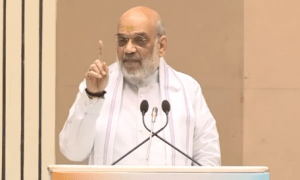





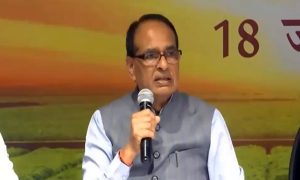







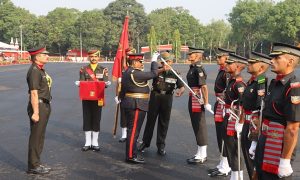

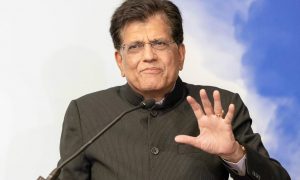

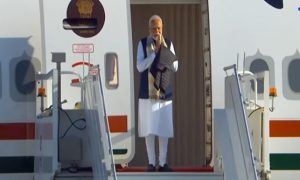

 WhatsApp us
WhatsApp us